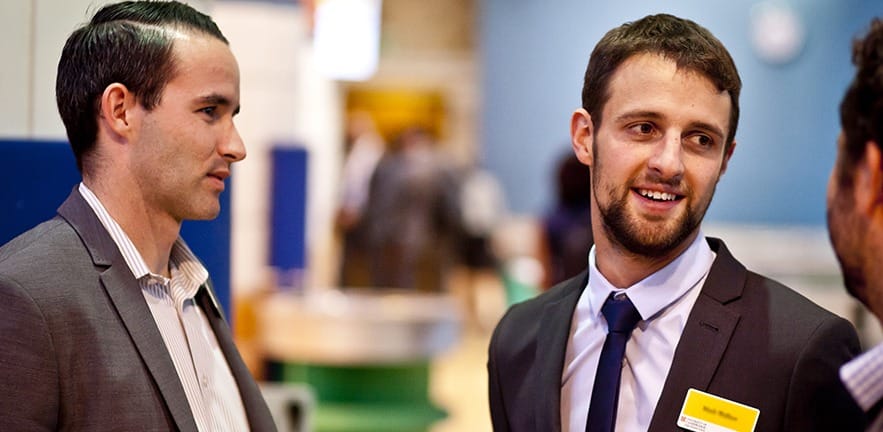Choosing the right MBA can be a difficult process, not least because you might be choosing between a one-year and a two-year programme, which often means the choice between a US and European business school.

With one-year MBAs increasing in popularity, here are some key considerations to factor into your decision making.
Return on investment
The most obvious benefit of a one-year programme is that they have lower tuition fees, but they are also more cost-effective as you will only be sacrificing one year’s salary. Professionals looking to do an MBA are often nervous about taking a two-year break from their career, particularly in today’s uncertain economic climate, and find a one-year programme provides them with the key learning opportunities of a two-year programme, but with a faster return on investment and without a long break from the labour market.
A class of experienced professionals
One-year programmes typically take slightly more experienced students, with those on the Cambridge MBA having an average of seven, and a minimum of three, years’ work experience. This means that students are able to hit the ground running and are in a position to contribute to class discussions immediately; and learning comes as much from fellow classmates as it does from the programme. On the Cambridge MBA, this wealth of experience becomes invaluable as the programme progresses and students start working in groups on practical projects such as the Cambridge Venture Project and Global Consulting Project, where students leverage their knowledge to work on real-world projects with international and multi-national organisations.
Real-world learning environment
A one-year MBA tends to more closely mimic the business environment, with an intensive and accelerated learning programme, which is complemented with real-world projects. There is a greater emphasis on experiential learning with out-of-class learning integrated throughout the year. On the Cambridge MBA you’ll get to apply your learning right from the start with the Cambridge Venture Project taking place in November, as well as a mix of workshops, case studies and mentorship opportunities throughout the year.
Career switching
A significant proportion of people choose to do an MBA so that they can undergo a career change, and traditionally on a two-year MBA, students have used the longer study time to transition into a different discipline. However, career switches are very achievable within a one-year MBA – last year, 94 per cent of Cambridge MBAs switched location, sector or industry, and 40 per cent switched all three.
A global perspective
Typically, one-year programmes attract a more internationally diverse range of professionals. This is great for an MBA student, as learning will be enriched by varying outlooks and differing international business practices. On the Cambridge MBA, our current class comes from 40 different countries, and all business schools will have information about the nationality breakdown of their current cohort.
And finally…
Admissions Manager for the Cambridge MBA, Charlotte Russell-Green offers the following advice:
If you can, try and visit the campuses of the business schools that you’re interested in. Every school will have a different culture and you need to know what will be right for you. Also, don’t be afraid to ask insightful questions or ask for more detail around the statistics that each business school publishes. An MBA is a big investment and you need to find the right programme to suit your needs so research and preparation is key.

